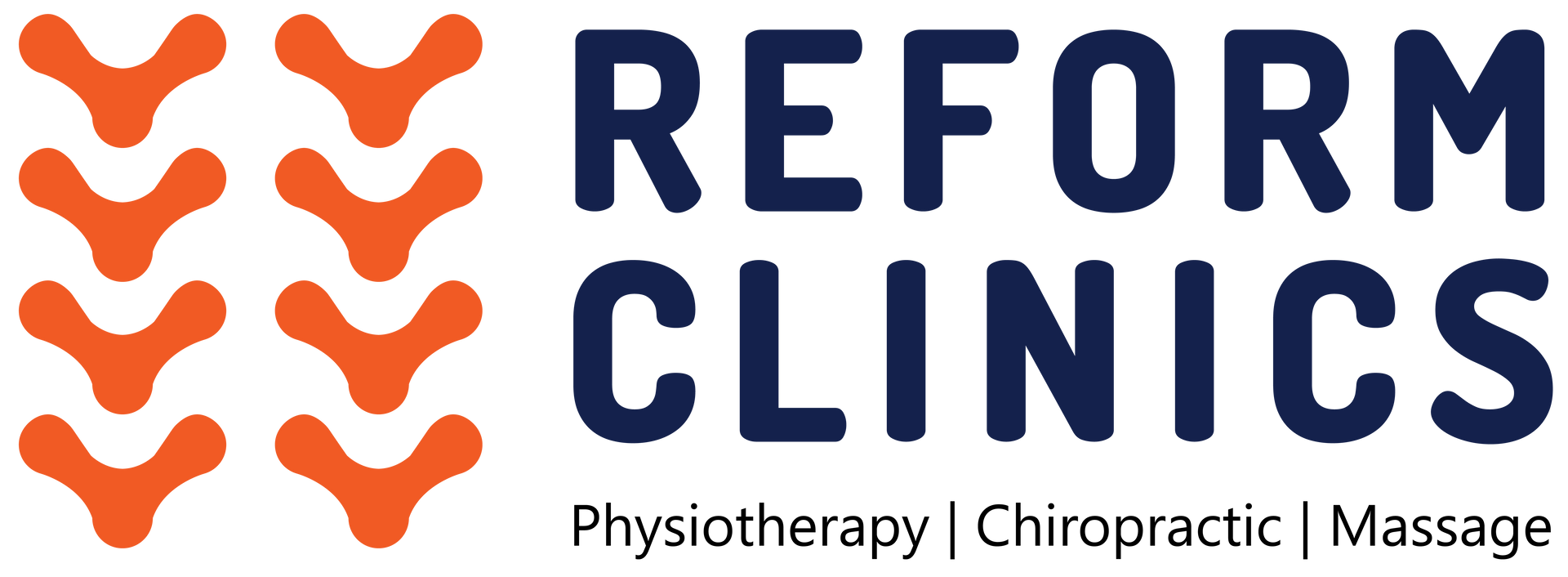The Long-Term Effects of Concussion
A concussion is a mild injury to the brain. Following head trauma, an altered mental state can occur and there may be brain damage. It can last months, with symptoms like headaches, concentration and memory issues, light and noise sensitivity, and dizziness.
Concussions are common but require medical monitoring. Most concussion symptoms go away with time, but in some cases, they can leave some long-term issues. It is important to promptly correct damage caused by a concussion to prevent long-term effects.
What Happens When You Are Concussed?
Concussions are not always obvious and can be difficult to detect because there is no blood test or scan to confirm it. It requires a medical evaluation to be diagnosed, ideally within three days of the injury. Signs that you are concussed include headaches, brain fog, memory problems, feeling emotional, or slurred speech.
In more serious cases, vomiting and loss of consciousness may happen, which is when you should go to an emergency room immediately. During the first few hours following a concussion, it is important to be attentive to your symptoms so you can notice if they are getting worse and require emergency care.
Dizziness, difficulty sleeping, neck pain, and irritability are other common effects in the days following a concussion. Some people develop psychological issues such as anxiety and depression.
The Long-Term Effects:
Symptoms of a concussion go away within a few months for most people but can sometimes have long-lasting effects, especially in cases where multiple concussions have happened. These effects are as follows:
- Difficulty Concentrating
Patients may have problems concentrating after a concussion, which can last for a long time after the head trauma. This includes brain fog, difficulty to focus on a task, difficulty to multi-task, and others.
- Significant Memory Issues
Memory loss is a short-term symptom common to concussions. Patients sometimes forget the event when the head trauma happened. It becomes more serious when it may turn into long-term amnesia due to brain damage caused by repetitive concussions.
- Depression, Anxiety, and other Psychological Issues
Long-term effects of a concussion include psychological issues such as depression, anxiety, irritability, sleep disturbances, and suicidal thoughts. It is also believed that people who have experienced multiple concussions are more likely to develop Parkinson’s disease or Alzheimer’s disease later in life.
- Changes In Smell and Taste Sensation
Loss of smell and taste is a very common symptom of brain trauma. How severe it becomes and how long it lasts depends on factors like age and type of injury. Some people also experience a bad taste in the mouth.
Why it’s Important to Get Tested
A ‘concussion test’ involves measuring brain functions that are usually affected by concussions. The test includes baseline parameters to ensure that the patient will recover safely. Head trauma when still recovering from a previous concussion can cause adverse long-term effects. It is important to get tested to avoid suffering another concussion when you have not fully recovered yet.
Concussion treatments that have been proven to be effective include chiropractic care such as upper cervical care. It works by regulating the levels of cerebrospinal fluid, which is the fluid inside your skull. A low level of cerebrospinal fluid is believed to cause migraines and long-term concussion effects.
Book An Appointment
After suffering a head injury, it is very important to seek medical help to ensure that you have a safe recovery. Monitoring your symptoms will determine whether you require concussion treatment.
Book an appointment with the chiropractic team at Reform Clinics to have your concussion evaluated. Contact us at 905-827-5757 or online.










